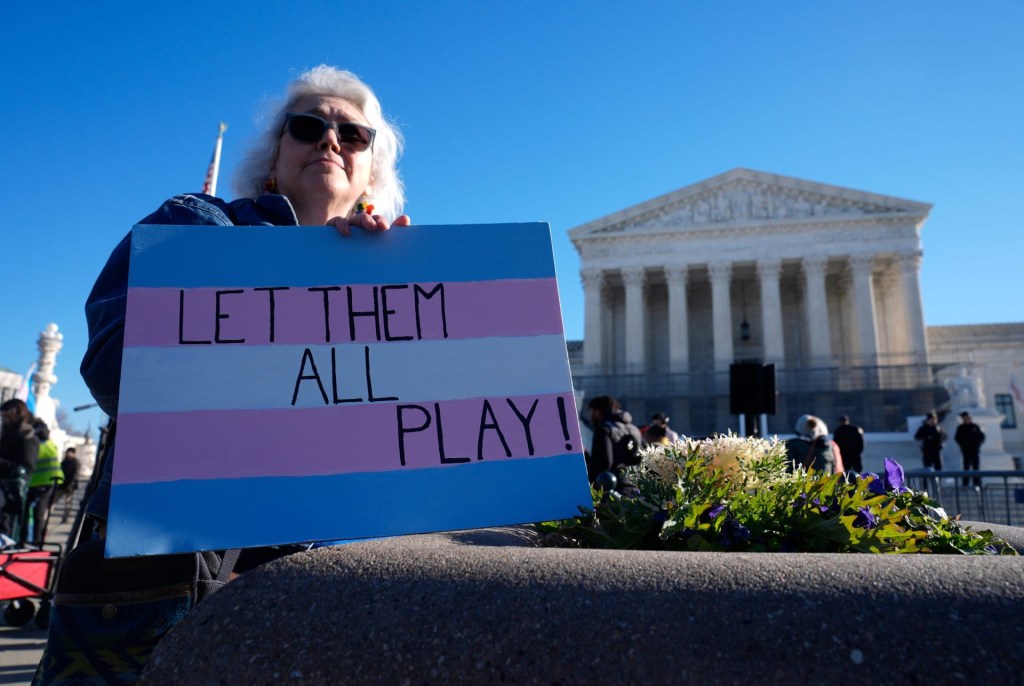The Shohei Ohtani 50/50 ball is finally cleared for auction. But its ownership is still very much in dispute.
Ohtani homered in Miami on Sept. 19 to become the first player to reach 50 home runs and steal as many bases in a single season.
At least three people have claimed ownership of the ball and are suing one another to prove it—and likely a piece of the auction profit, which is already up to $1.8 million and closes Oct. 22.
Goldin, the memorabilia company auctioning the ball, announced Monday the parties suing one another over ownership of the ball have agreed for the auction to proceed without court interference.
“We’re grateful for the trust and support of all parties regarding the auction of the Shohei Ohtani 50/50 ball,” Ken Goldin, founder and CEO of Goldin, said in a statement.
This doesn’t mean litigation over the ball’s true owner is settled, however. Goldin said all parties have agreed to proceed with the auction. They’ll continue their litigation to determine “who owned the 50/50 ball and thus entitlement to the auction proceeds,” the statement said.
As of now, the most expensive baseball ever sold was Mark McGwire’s 70th home run ball for $3 million in 1999.
When Ohtani homered his way into history, a scrum followed for the ball, which landed in the left field bleachers of loanDepot park in Miami. Chris Belanski emerged with the ball and is the person selling it, but Max Matus and Joseph Davidov have both claimed ownership of the ball.
Last week, Davidov filed a suit in Florida’s 11th Judicial Circuit court against Belanski, Belanski’s friend Kelvin Ramirez, and Matus. Davidov is seeking possession of the ball, an injunction to stop the auction, and more than $50,000 in damages.
“Parties have agreed to let the sale proceed and then the parties will continue to litigate over ownership over the final proceeds of the sale,” Devon Workman, Davidov’s attorney, told Front Office Sports in an email.
Matus’s case is similar to Davidov’s. He is suing Belanski, Ramirez, and Goldin, and is seeking an injunction against selling the ball. Both Davidov and Matus claim they had possession of the ball and lost it by having their arm pinned, with Matus’s suit specifically naming Belanski for trapping his arm between his legs while Davidov’s suit says “an unknown fan” did him in. The agreement with Goldin ends both Davidov’s and Matus’s injunctions to stop the auction.
Goldin’s announcement did not say whether the company has been dropped as a defendant from Matus’s case. A spokesperson for Goldin did not immediately respond to comment on the company’s involvement in the case, nor did attorneys for Matus.
The lawsuits have some precedent. Barry Bonds’s 73rd home run ball in 2001 and his 700th career dinger three years later both went from the bleachers to the court. The $450,000 paid for the 73rd home run ball was ultimately split between the two owners who claimed they got the ball, which has made the case a go-to when it comes to home run ball ownership.
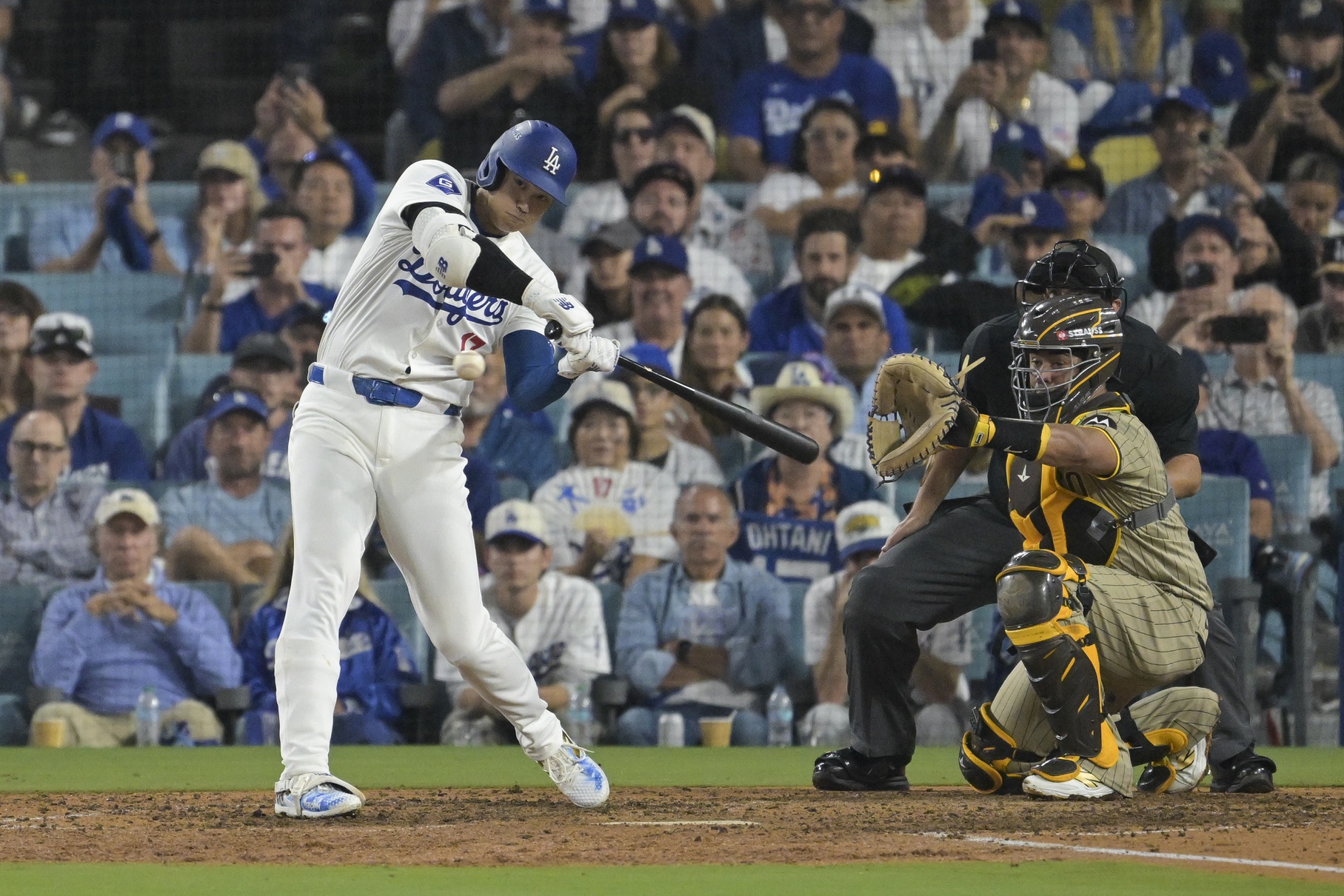
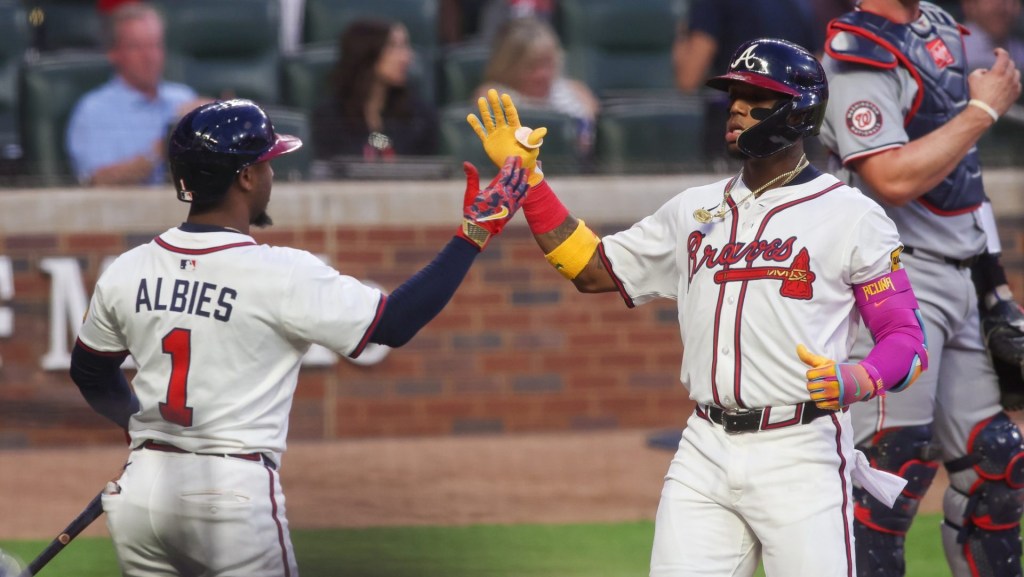
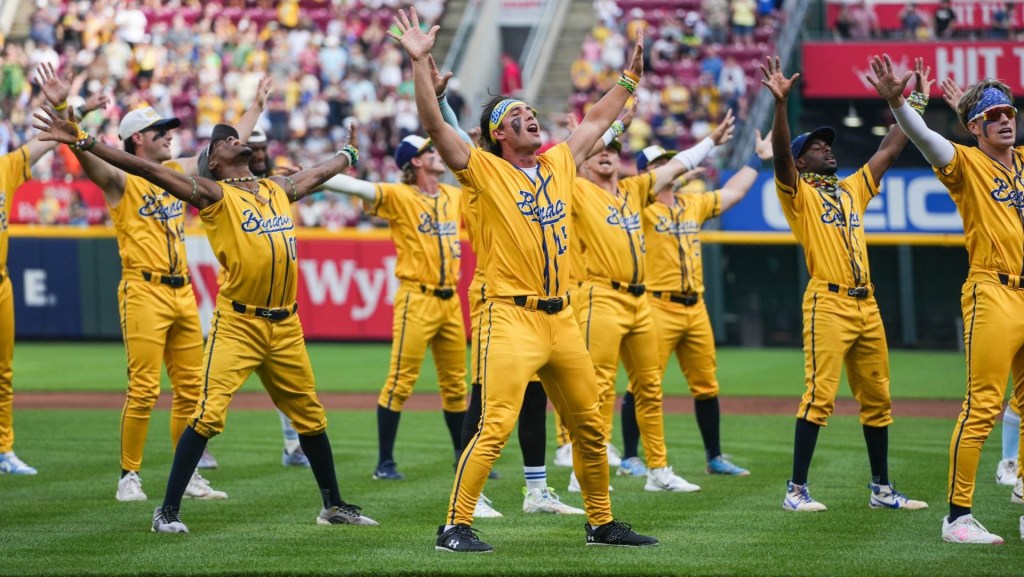

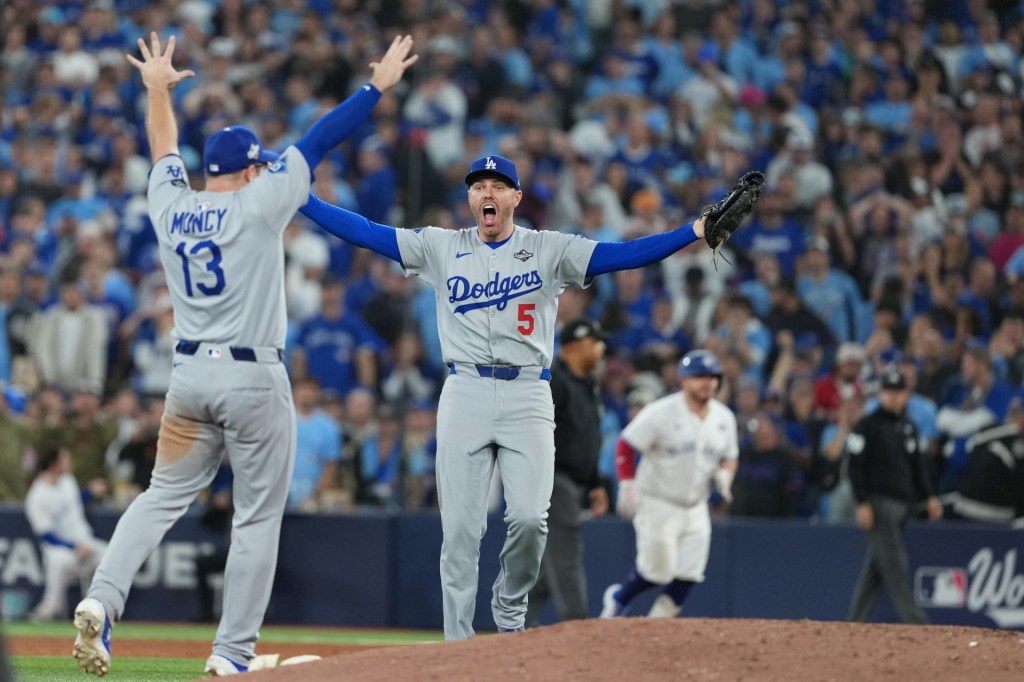
![[Subscription Customers Only] Jul 13, 2025; East Rutherford, New Jersey, USA; Chelsea FC midfielder Cole Palmer (10) celebrates winning the final of the 2025 FIFA Club World Cup at MetLife Stadium](https://frontofficesports.com/wp-content/uploads/2026/02/USATSI_26636703-scaled-e1770932227605.jpg?quality=100&w=1024)










